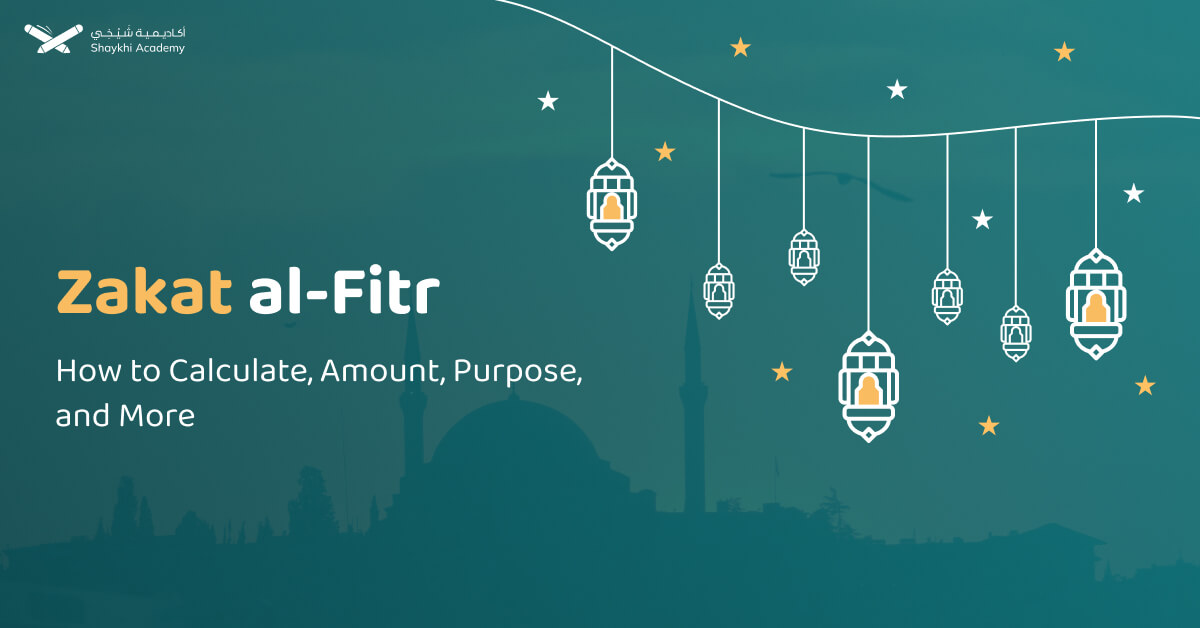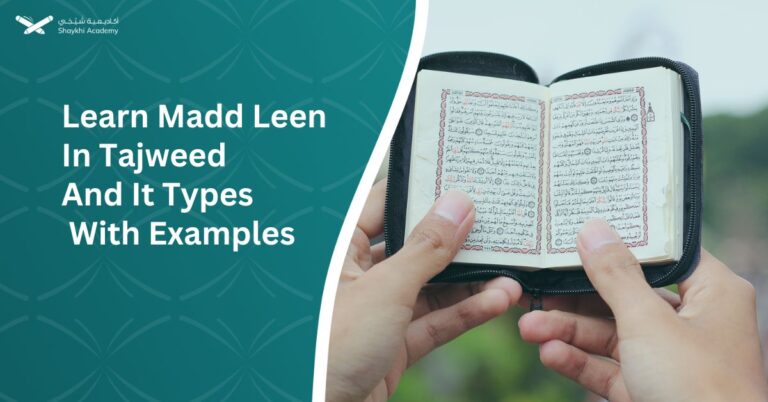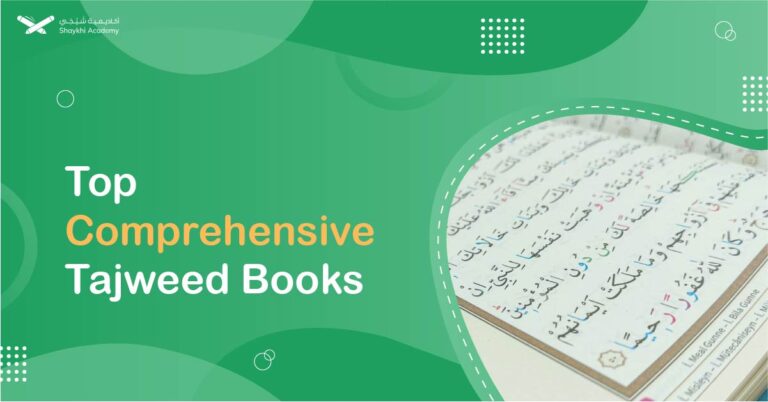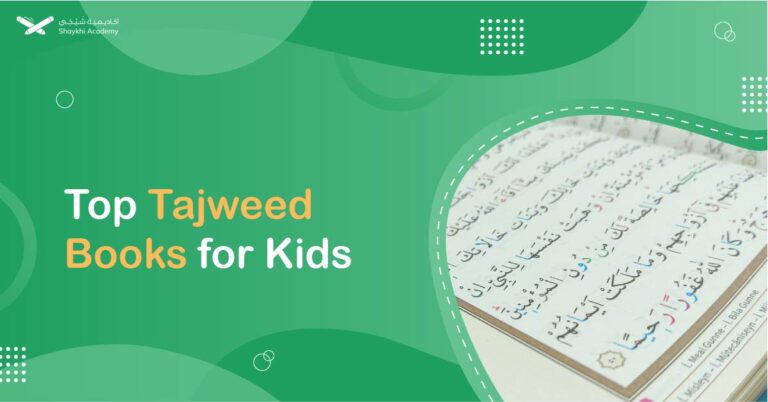Zakat al-Fitr, also known as Fitrana, is a mandatory charity given by self-sufficient adult Muslims before Eid prayer and the end of Ramadan. It differs from other forms of Zakat as it is imposed on individuals rather than wealth. The quantity is specified by the Prophet Muhammad (PBUH) as one saa’ of food, equivalent to four madds. This typically amounts to around $5 in monetary value.
Zakat al-Fitr aims to purify, complete, and spread joy among the Muslim community, especially the needy, during Eid. It’s obligatory for all self-sufficient Muslims, and the responsibility lies with the individual and those responsible for their maintenance.
Zakat Al-Fitr is the zakat caused by the mushroom from Ramadan, and it was imposed in the second year of migration, which is the year in which fasting was imposed. The reason Zakat Al-Fitr is different from other zakat is that it was imposed on people rather than money, so it is not required for the same purposes as other zakat in quota, around and otherwise.
What is zakat Al-Fitr?
Zakat al-Fitr, also known as Fitrana, is a mandatory charity that must be given before the Eid prayer and before the end of the month of Ramadan. It is obligatory for every self-sufficient adult Muslim who possesses more food than they require for themselves and their dependents.
The Prophet Muhammad (PBUH) specified the quantity as one saa’ of food, which is equivalent to four madd. A madd is the amount of food that can be gathered by cupping both hands together. In terms of monetary value, this typically amounts to around $5, based on the cost of basic food items like rice or wheat. Therefore, $5 is the amount owed per individual.
To fulfill Zakat al-Fitr, funds can be collected in advance through organizations like Islamic Relief, which serve as charity organizations. These funds are then utilized to purchase food as needed and at the appropriate time. Ultimately, the aim is to distribute this charity to underprivileged individuals worldwide.
Zakat al-Fitr differs from other forms of Zakat in that it is imposed on individuals rather than wealth. It was mandated in the second year of the Hijrah, coinciding with the institution of fasting. Unlike other forms of Zakat, Zakat al-Fitr does not require a minimum threshold or specific conditions regarding wealth.
The obligation of Zakat al-Fitr extends to individuals of all ages and genders, including minors and adults, males and females. It is not obligatory for a fetus unless it becomes viable before the dawn of Eid day, in which case it becomes obligatory. However, if one voluntarily pays it on behalf of the fetus, there is no harm.
The responsibility of paying Zakat al-Fitr lies with the individual themselves, as well as with those responsible for their maintenance, such as spouses or relatives. According to the majority of jurists, a Muslim man is not obliged to pay Zakat al-Fitr on behalf of his non-Muslim wife. However, some scholars, including Abu Hanifa, suggest otherwise, particularly for Muslims residing in non-Muslim countries, as it fulfills the purpose of providing sustenance to the needy and widens the circle of giving.
Who receives zakat Al-Fitr?
Zakat al-Fitr is given to the needy and impoverished according to the Shafi’i school of thought and is distributed among the eight categories of beneficiaries. However, the majority opinion allows it to be divided among various types of needy individuals. The most correct and preferable opinion, according to the Maliki school, is that it should be distributed only to the poor, based on the Hadiths indicating so.
To achieve the purpose of Zakat al-Fitr, which is to spread joy among the poor on the day of Eid, it can be distributed to other charitable avenues after securing the needs of the poor and enriching them financially. It’s worth noting that the majority prohibits giving Zakat al-Fitr to non-Muslims, while it’s permissible according to the opinion of Abu Hanifa, which is more prevalent in certain Western regions, to show the humanitarian aspect of the festivities and because non-Muslims do not differentiate their donations based on religion, especially during times of disaster and crises.
The beneficiary must be in need or impoverished to be eligible for zakat. A person who does not have enough property to cover their fundamental needs is considered impoverished.
Your spouse, kids, parents, grandparents, and other members of your immediate family are not eligible to receive your zakat. You can, however, give your zakat to another family.
The receiver cannot be a Hashimi, a Prophet (peace be upon him) descendent.
Purpose of Zakat Al-Fitr
The purposes of Zakat al-Fitr are grounded in various Hadiths and Quranic verses. Firstly, it serves the purpose of purification and cleansing, both spiritually and materially. Just as regular Zakat purifies one’s wealth, Zakat al-Fitr purifies the fasting person from any shortcomings or impurities in their fast, such as inappropriate speech or behavior.
Secondly, it aims to provide completion and perfection to the fasting individual’s spiritual endeavors during Ramadan. By offering Zakat al-Fitr, one seeks to make up for any deficiencies in their fasting and ensure its completeness.
Additionally, Zakat al-Fitr embodies the spirit of solidarity and mutual support within the Muslim community. It fosters a sense of collective responsibility towards those in need, especially during festive occasions like Eid, spreading joy and happiness among all members of society, particularly the less fortunate.
Moreover, it serves as an expression of gratitude and thankfulness to Allah for enabling the individual to observe fasting throughout Ramadan. It symbolizes appreciation for the blessings of Ramadan and the opportunity to engage in acts of worship.
Furthermore, Zakat al-Fitr plays a role in alleviating the financial burden on the poor and needy, ensuring that they can also partake in the celebrations of Eid without having to worry about their basic needs. This prevents them from resorting to begging for alms on the day of Eid and allows them to enjoy the festivities with dignity and happiness.
Overall, Zakat al-Fitr embodies multiple purposes, including purification, completion of fasting, solidarity, gratitude, and alleviation of poverty, all of which contribute to the spiritual and social well-being of the Muslim community.
Zakat Al-Fitr hadith
The Hadith, which is a compilation of the sayings and deeds of Prophet Muhammad (peace be upon him), offers priceless insights into the Zakat custom. We may better comprehend the Prophet’s teachings on charity through a variety of Hadith, which strengthens the Quranic command to help the poor.
More analysis of Hadith about Zakat offers more understanding of the teachings of the Prophet. These proverbs provide helpful advice on the attitude of generosity and the advantages that zakat may bring to both people and society as a whole.
Prophet Muhammad (peace be upon him) said in a Hadith that “The believer’s shade on the Day of Resurrection will be his charity.” This highlights how Zakat has a lasting effect on both this world and the next.
“If one gives in charity what equals (the size of) one date-fruit from the honestly-earned money and Allah accepts only the honestly earned money –Allah takes it in His right (hand) and then enlarges its reward for that person (who has given it), as anyone of you brings up his baby horse, so much so that it becomes as big as a mountain.”
Is zakat Al-Fitr obligatory?
Yes, at dusk on the final day of Ramadan, zakat Al-Fitr becomes mandatory and needs to be paid prior to the Eid prayer. If necessary, you can pay it two or three days in advance.
Muslims do not need to fast in order to pay zakat Al-Fitr. Muslims are still required to do this even if they were unable to keep the fast due to old age, illness, or travel. Moreover, even Muslims who are not yet legally liable must comply with it.
When to pay zakat Al-Fitr
The period for paying zakat Al-Fitr is not after the ‘Eid prayer; rather, it begins on the first night of Shawwal, the last day of Ramadan, after sunset, and concludes with the ‘Eid prayer.
In the month of Ramadan, Muslims are encouraged to pay this charitable donation by the Prophet (peace and blessings be upon him). Scholars provide a variety of justifications for this required almsgiving.
Some claim that this charity provides for the underprivileged and destitute throughout Ramadan, helps them meet their basic requirements, and enables them to enjoy Eid with other Muslims.
Some academics argue that the purpose of this charity is to atone (Kaffarah) for any transgressions or errors committed by an individual during this auspicious month.
How much is zakat Al-Fitr 2024
Accurately performing religious chores for Muslims requires knowing how much Zakat Al-Fitr to pay. This specified quantity is the same as the average cost of one meal or its monetary worth, determined by taking into account the cost of staple foods in the area.
This computation guarantees that it stays accessible and inexpensive, irrespective of one’s financial situation.
The amount and price of the staple foods in the area, such as wheat, barley, dates, or raisins, are determined by Zakat Al-Fitr. The recommended serving size is equal to one Sa’a, an antiquated unit of measurement, of the selected staple item. After that, the necessary monetary value is calculated by converting this into the local currency.
How to calculate zakat Al-Fitr
To calculate Zakat al-Fitr for Ramadan 2024, you need to determine the cost of a basic food item in your locality, such as rice, wheat, barley, dates, or raisins. Once you have this information, you’ll also need to know the number of individuals living in your household.
Here’s how you can compute Zakat al-Fitr:
Determine the cost of one main food item: Let’s say, for example, that a kilogram of rice costs approximately $2 in your community.
Multiply the cost by 4: According to the calculation method, Zakat al-Fitr is equal to four times the cost of one main food item. In our example, if a kilogram of rice costs $2, then Zakat al-Fitr for each member of your household would be $8.
Keep in mind that Shaykhi Academy has provided this information to assist you in fulfilling your obligation of Zakat al-Fitr as the blessed month of Ramadan approaches. If you need further clarification or assistance, do not hesitate to contact us.
As for the question of whether Zakat al-Fitr can be given in cash, there is a diverse range of opinions among scholars. While some advocate for the traditional method of giving food items, others argue that giving cash is more practical and beneficial, especially for Muslims living in non-Muslim countries or areas where it may be challenging to procure and distribute food items.
Ultimately, it’s important for each individual to consult with their religious authorities or scholars they trust and follow the opinion that aligns with their circumstances and the needs of the recipients. The goal is to ensure that Zakat al-Fitr is given in a manner that fulfills its purpose of purifying wealth, assisting the needy, and spreading joy and happiness during the festive occasion of Eid.
Difference between zakat Al-Fitr and zakat al mal
The functions of Zakat al-mal and Zakat Al-Fitr are nearly identical. However, there are big disparities between the two. A financial levy in Islam is called zakat al-mal. Additionally, the household’s head pays the tax known as Zakat Al-Fitr on behalf of the whole family. Let’s examine some more distinctions between them:
Zakat ul-mal
The Arabic term “purity, progress, blessings, and acclaim” is zakat al-mal. In reality, it refers to giving food, cash, or charity to those in need. Every Muslim must provide a portion of their money to those in need, a practice known as zakat-al-mal or just zakat. It covers material possessions like money, gold, silver, real estate, cars, etc.
In society, the unequal distribution of wealth is significantly counteracted by this holy deed. As required by Islam, a person can pay zakat whenever they want.
Zakat ul-fitr
Purifying charity by breaking the fast is how Zakat Al-Fitr is translated.
Zakat Al-Fitr, which is sometimes referred to as Sadaqat Al-Fitr, is a charity donation made by Muslims before Eid ul Fitr, towards the conclusion of Ramadan. For this reason, it is also known as Eid Al-Fitr zakat. For all Muslims who can afford it, it is a mandatory act of worship.
Unlock the Path to Quranic Mastery with Shaykhi Academy!
Are you seeking the finest Quranic education right from the comfort of your home? Look no further! Shaykhi Academy stands out as a premier online Quran learning platform, dedicated to providing exemplary education to both children and adults.
Why Choose Shaykhi Academy?
- Connect with highly qualified native tutors.
- Flexible scheduling to suit your busy lifestyle.
- Affordable classes tailored for all levels.
- Accessible from anywhere around the globe.
Discover Our Range of Courses:
- Arabic Noorani Qaida: Lay a solid foundation for Quranic studies.
- Online Quran Classes for Kids: Engaging lessons for lifelong learning.
- Tajweed Rules for Kids: Learn to recite with confidence.
- Quran Hifz for Kids: Step-by-step guidance to memorize the Quran.
- Quran for Adults: Introduce yourself to Quran reading and Tajweed rules.
- Online Arabic Courses: Master the language of the Quran.
- Islamic Studies: A wide range of topics related to Islam, including theology, law, Quranic studies, Hadith.
Don’t Miss Out on Your Chance to Excel!
Whether you’re a beginner or seeking advanced knowledge, Shaykhi Academy can guide you! Book your free trial now and make Ramadan 2024 your Quranic turning point.
Conclusion:
Zakat al-Fitr serves multiple purposes, including purification, completion of fasting, solidarity, gratitude, and alleviation of poverty, contributing to the spiritual and social well-being of the Muslim community. While it’s traditionally given in the form of food, there’s a debate among scholars about giving it in cash, with some advocating for its practicality in certain circumstances.
Ultimately, the goal is to ensure that Zakat al-Fitr is given in a manner that fulfills its purpose of assisting the needy and spreading joy during Eid, aligning with individual circumstances and the needs of the recipients.




















